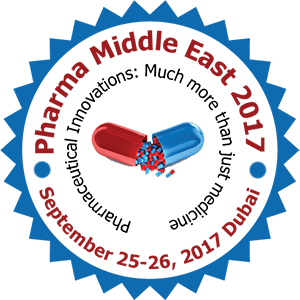
Matthew Aiello
NHS Health Education, UK
Title: The future pharmacist: Transforming the role of pharmacists in the emergency department and urgent primary care: An NHS health education England national study
Biography
Biography: Matthew Aiello
Abstract
In the future urgent, acute and emergency medicine clinical workforce, new models of care and care delivery need to be developed, in order to maintain and enhance standards of safe and accessible patient care. A departure from traditional (doctor-led) approaches to workforce planning and an understanding of the scope and governance surrounding emerging clinical roles is necessary to develop a sustainable, multi-skilled workforce across primary, community and secondary care. Today’s healthcare workforce includes an ever-increasing number of non-doctor professionals, undertaking clinical work in the medical domain. The traditional, medicines-focused role of the pharmacist is being challenged by NHS Health Education England (HEE) - the organisation responsible for NHS workforce training and development in England - and its national stakeholders.
It is contended that the future pharmacist clinician should be able to confidently and competently manage patients at an advanced clinical level – with health assessment, diagnostics and clinical examination skills comparable with that of a mid-level clinician. A recent three-year programme undertaken by HEE, evaluated the potential for pharmacists to manage patients in the emergency department and across urgent and acute care in England. Evidence from the ‘Pharmacists in Emergency Departments’ (PIED) suite of studies suggests that pharmacists with advanced training may clinically manage up to 36% of patients attending emergency departments. The HEE programme examines this data and proposes enhanced clinical development pathways for pharmacists. The programme team propose a change in thinking around the deployment of pharmacists in the future integrated clinical workforce across urgent, acute and emergency care.

